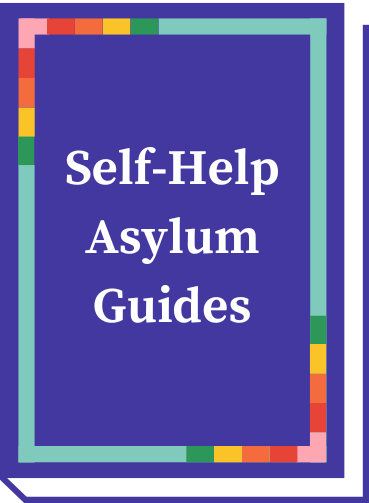Physical Presence
The information contained herein is for reference only and may not be up to date. It does not constitute legal advice. You should always consult an attorney regarding your matter.
Last updated: June 3, 2020
In addition to the different eligibility factors detailed below, note that the Trump administration has created additional rules that may affect an asylum seeker’s eligibility to apply for asylum. For more information on these rules, click here.
In order to apply for asylum, an applicant must be physically present in the United States. If an applicant is not physically present in the United States, they cannot apply for asylum. If an applicant is currently outside of the United States and they fear persecution in their country of origin, they may consider applying for refugee status.
Please note that the U.S. does not offer a visa specifically to travel to the United States to apply for asylum. Nevertheless, many people obtain other kinds of travel visas (such as a student or tourist visa), enter the U.S., learn about asylum, and then apply after they arrive here. Be aware that most U.S. visas require an applicant to establish that they do not intend to live permanently in the United States. As such, telling a foreign affairs officer that you need a visa to apply for asylum will probably result in the denial of a visa.
We know that for many people it can be extremely difficult to obtain a visa to come to the United States. For this reason, some individuals apply for asylum at a port of entry at the U.S. border. However, if someone applies for asylum at the border, U.S. immigration agents are likely to place that person into an immigration detention facility while their application for asylum is decided. This process can often take four to six months or longer.
Other people enter the United States without permission, and then apply for asylum after they arrive. If the U.S. government decides that someone is eligible for asylum, the fact that they may have entered the country without permission currently is not a reason to deny their application. However, be aware that President Donald Trump issued a proclamation that would automatically make people entering the U.S. through the U.S.-Mexico border ineligible for asylum unless they enter through an official border crossing port. This proclamation is not currently in effect because it is being challenged in court. However, this could change at any time and the proclamation could be reinstated, therefore, it is important to keep up with any changes in the law on this issue.
Also be aware that under other rules issued by the Trump administration, any person who enters the U.S. across the southern land border, after transiting through one or more countries, shall be barred from applying for asylum in the U.S. if they have not previously requested asylum in at least one of those transit countries. Additionally, under certain agreements with the U.S., El Salvador, Guatemala, and Honduras have been declared “safe third countries.” This means that a person can now be barred from applying for asylum in the U.S. and removed to any of these countries, so long as they are not a national of that country. These rules are also being challenged, but currently remain in effect. Therefore, if someone fears living in any of these countries (i.e. El Salvador, Guatemala, Honduras) or, any country through which they traveled on their way to the U.S., they should explain the reasons for these fears clearly to an asylum officer. Explaining these fears will help the officer understand why they did not apply for asylum or cannot seek safety in those third countries.
If an applicant is not eligible for asylum, they may still be eligible for either Withholding of Removal (Withholding) or Convention Against Torture relief (CAT).
The information contained herein is for reference only and may not be up to date. It does not constitute legal advice. You should always consult an attorney regarding your matter.
